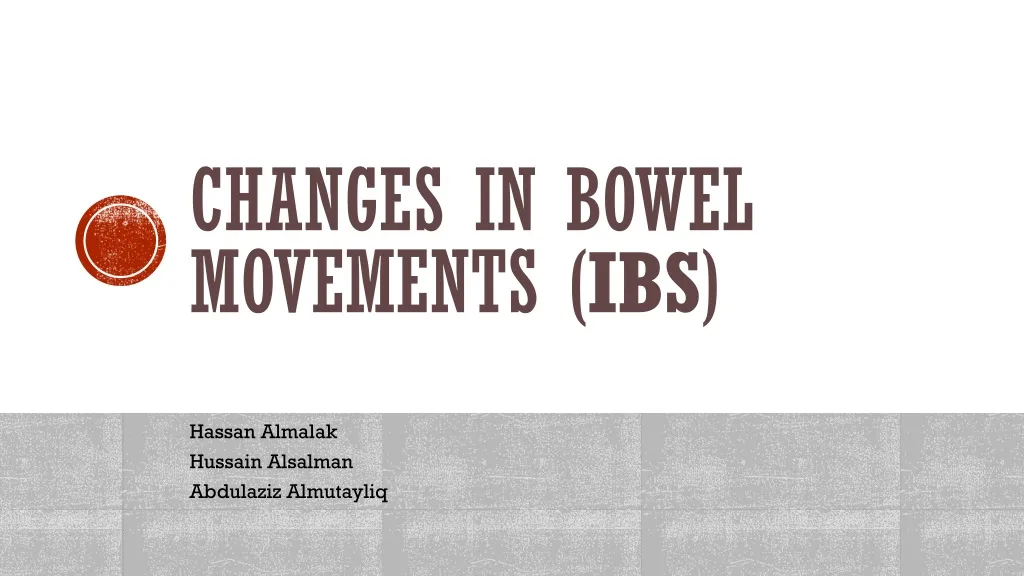

Your doctor may also do a test called a sigmoidoscopy or colonoscopy. These tests may include stool sampling tests, blood tests and x-rays. However, your doctor may run tests to be sure you don't have other diseases. Ibs is a common disorder and happens more often in women than men. Although ibs can cause a great deal of discomfort, it does not harm the intestines. Some go back and forth between constipation and diarrhea. Some people with the disorder have constipation. It can cause abdominal cramping, bloating and a change in bowel habits.
CHANGE BOWEL HABITS ICD 10 CODE
Irritable bowel syndrome (ibs) is a problem that affects the large intestine. K5900 is a billablespecific ICD-10-CM code that can be used to indicate a diagnosis for reimbursement purposes. ICD-9-CM 787.99 is a billable medical code that can be used to indicate a diagnosis on a reimbursement claim, however, 787.99 should only be used for claims.The code R19.4 is VALID for claim submission. Functional disorder of the colon that is generally psychosomatic. These include: C25.0 Malignant neoplasm of head of pancreas. Short Description: Change in bowel habit.Chronic noninflammatory disease characterized by abdominal pain, altered bowel habits consisting of diarrhea or constipation or both, and no detectable pathologic change a variant form is characterized by painless diarrhea it is a common disorder with a psychophysiologic basis called also spastic or irritable colon. A change in bowel habits refers to a change in stool, meaning frequency, consistency, color, or how much control you have over when you move your bowels.ICD-10-CM is the abbreviation for the International Coding of Diseases, Tenth Revision, Clinical Modification. This condition is characterized by chronic or recurrent abdominal pain, bloating, mucus in feces, and an erratic disturbance of defecation. 7) irritable bowel syndrome with diarrhea (K58. A disorder with chronic or recurrent colonic symptoms without a clearcut etiology.This may include diarrhea or constipation, or both, with one occurring after the other. A disorder of the intestines commonly marked by abdominal pain, bloating, and changes in a person's bowel habits.

A small percentage of individuals may experience severe symptoms. After three days, the stool becomes harder and more difficult to pass.

Going longer than three days without having a bowel movement is too long. Some people have bowel movements several times a day, others only once or twice a week. In most patients the symptoms are not severe and they can be controlled with diet, stress, and lifestyle management. The normal length of time between bowel movements ranges widely from person to person. A common syndrome manifested by symptoms of bloating, abdominal cramping, constipation, and/or diarrhea."Includes" further defines, or give examples of, the content of the code or category.


 0 kommentar(er)
0 kommentar(er)
